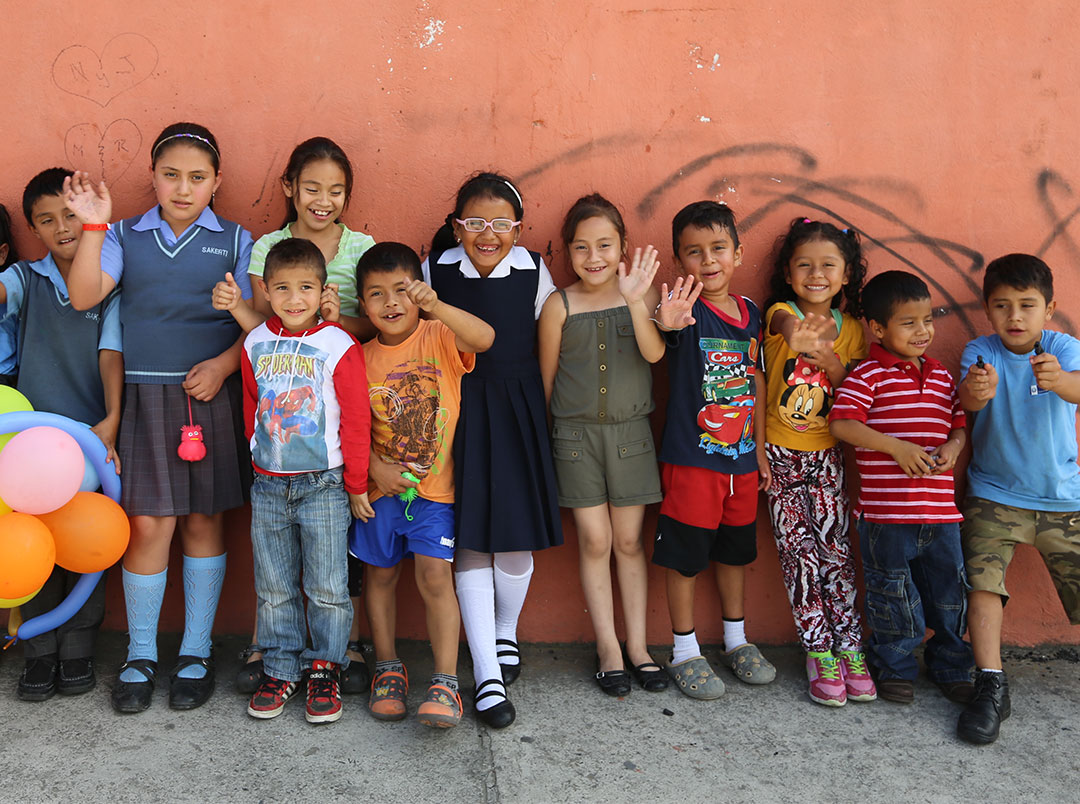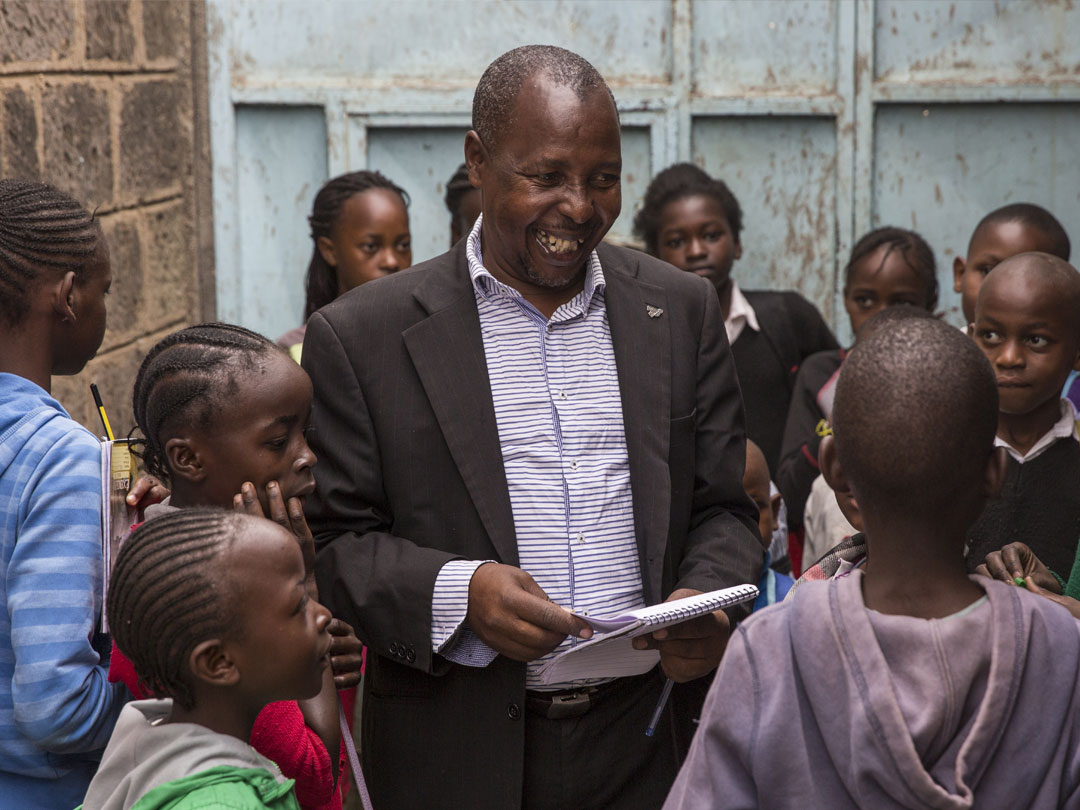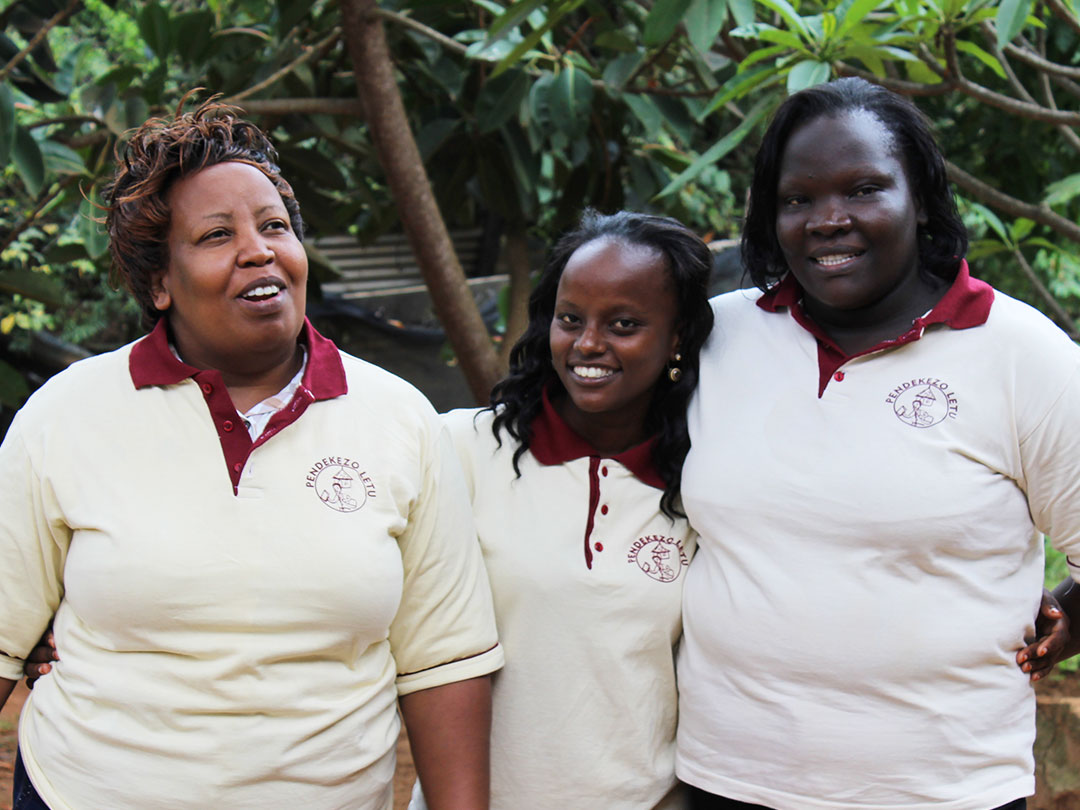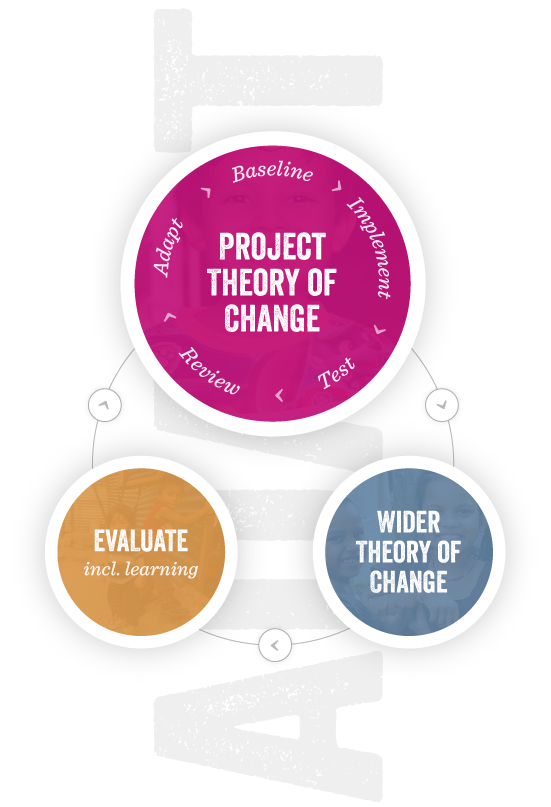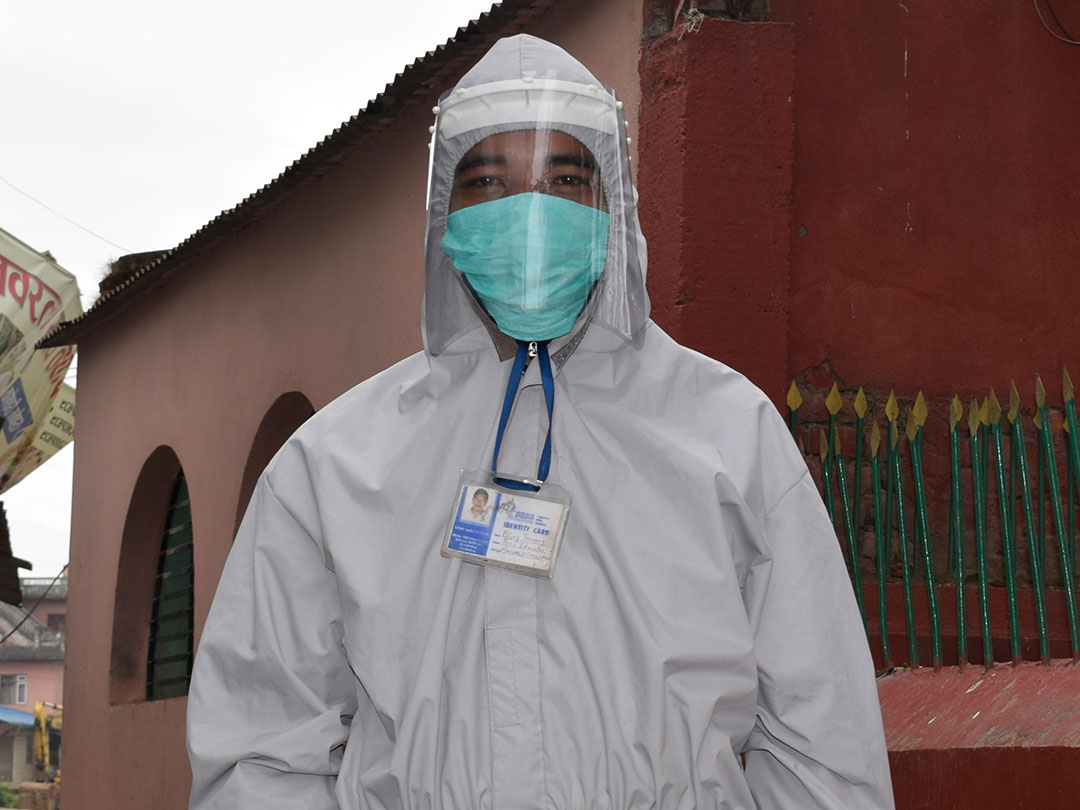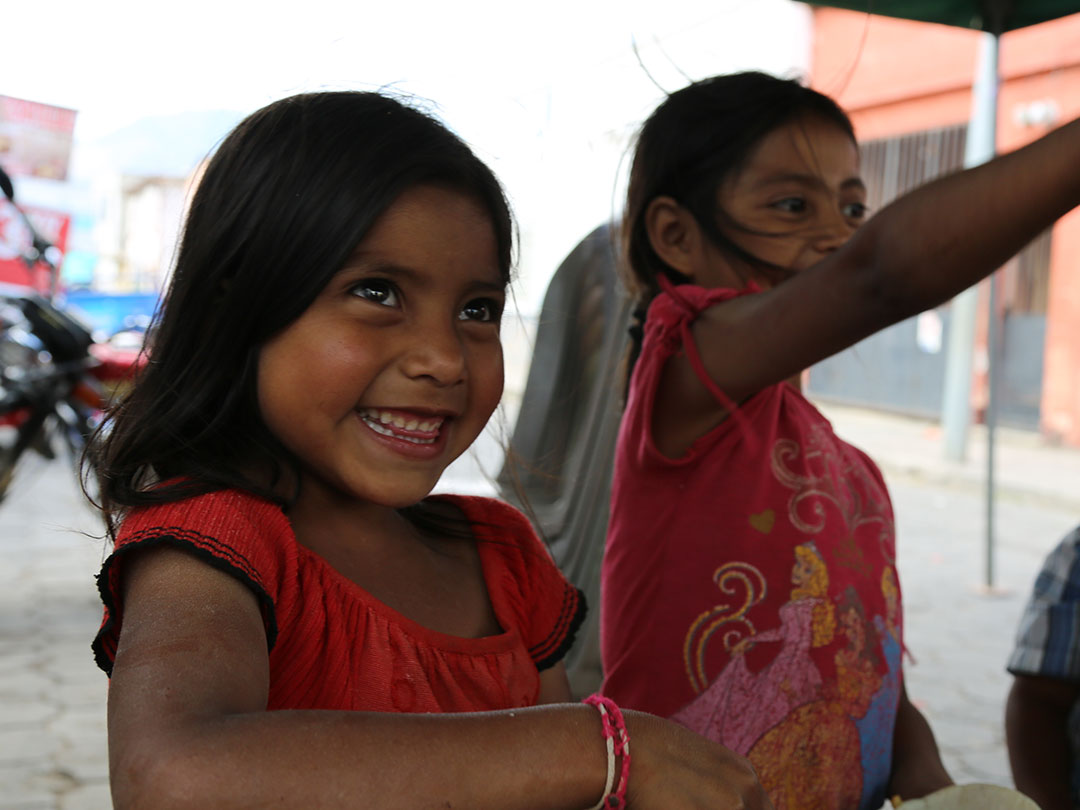Foundation
We believe children have the right to make their own decisions about their lives.
We aim to empower children with the knowledge and skills to make these choices themselves.
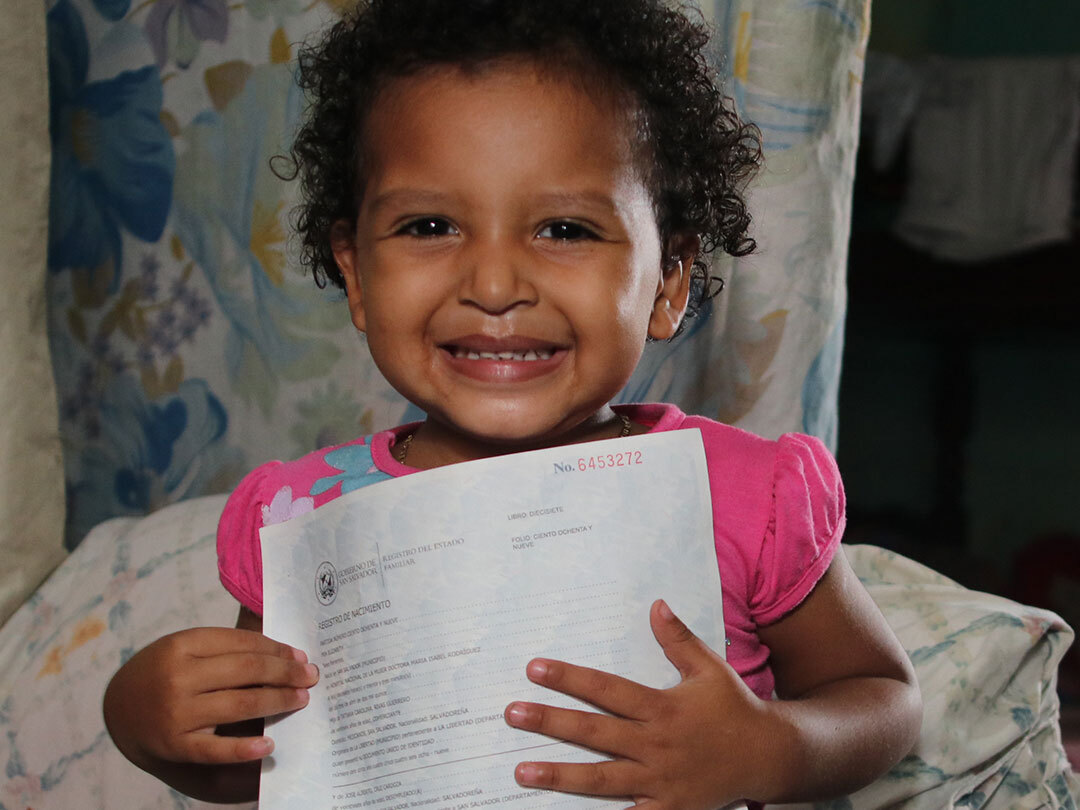
The UN Convention on the Rights of the Child (UNCRC) provides the foundation to our rights-based approach to working with vulnerable children.
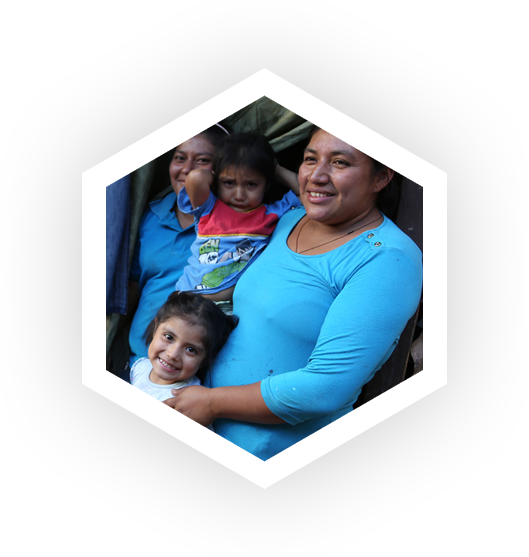
leave the street and situations of exploitation
Through our family strengthening and reintegration work.
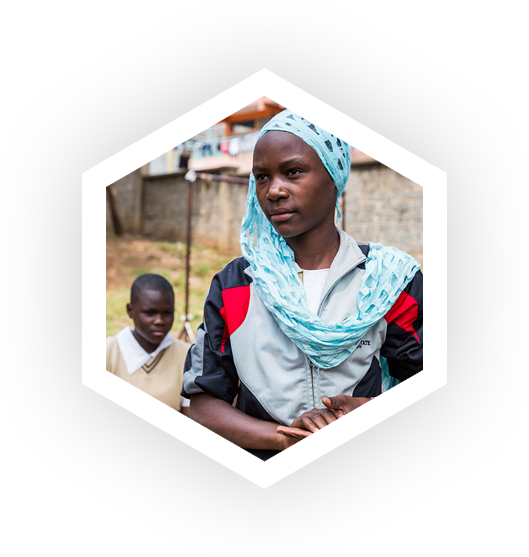
build their capacity to protect themselves
Through skills training, building their knowledge on child rights, legal support and counseling.
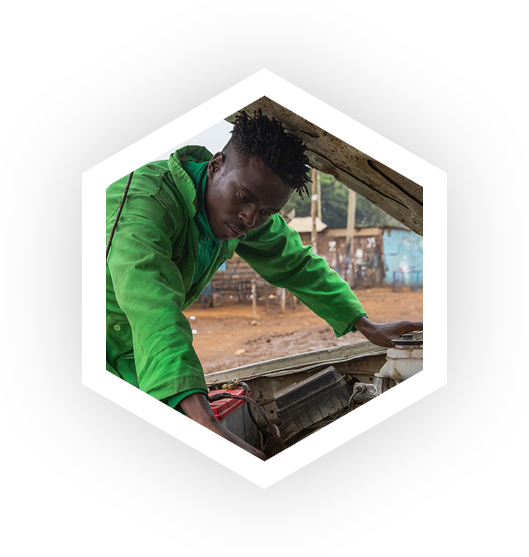
expand the opportunities available to them
Through education, vocational training and tools to start up small businesses.
